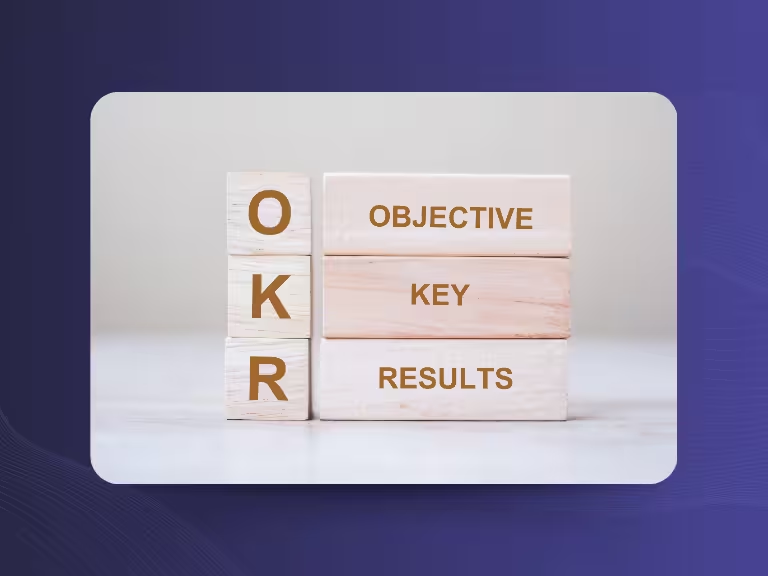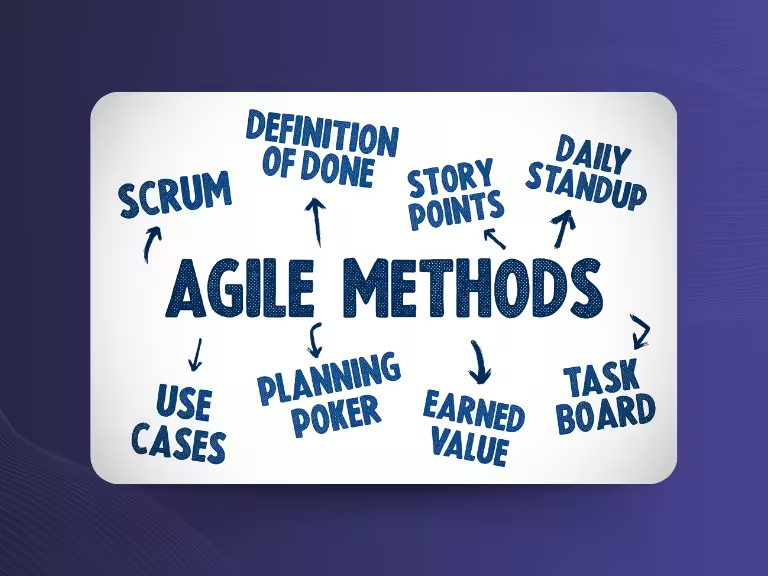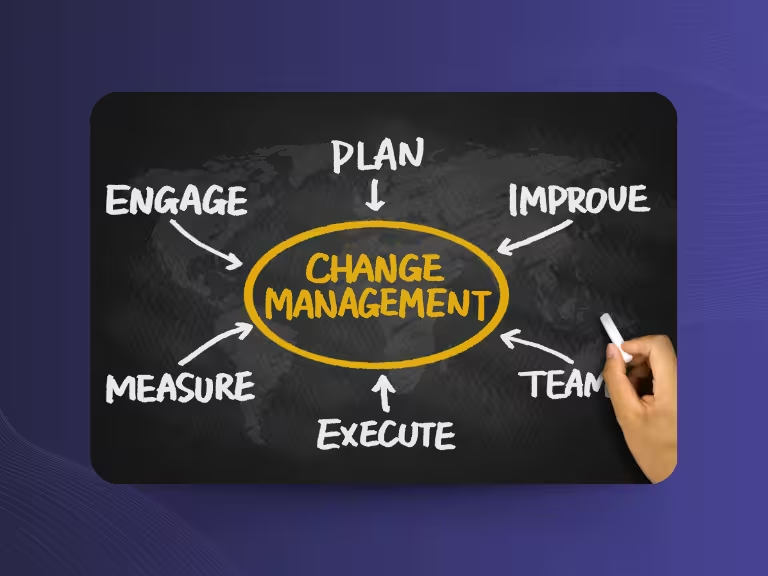Social Selling has long since evolved from a trend to an indispensable component of modern sales strategies. While traditional cold calling is increasingly losing effectiveness and potential customers are becoming more critical of unsolicited approaches, Social Selling opens up completely new possibilities for building long-term customer relationships. Instead of focusing on volume, the emphasis here is on targeted relationship building through social networks.
In this article, you'll learn how to successfully develop and implement Social Selling strategies. You'll receive practical tips for various platforms, discover effective tools, and understand how to make the ROI of your Social Selling activities measurable. Additionally, we'll examine ethical aspects and cultural specificities that are often overlooked in practice. Whether you're a sales professional, marketing team member, or entrepreneur – here you'll find both fundamentals for beginners and advanced strategies for experienced practitioners.
What is Social Selling? Definition and significance
Fundamentals and terminology
Social Selling refers to the systematic use of social media and digital channels to identify potential customers, approach them, and build long-term business relationships. Unlike traditional lead generation, which often focuses on volume and quick contact, Social Selling concentrates on building trust and genuine relationships.
The crucial difference lies in the approach: While traditional sales methods are often perceived as intrusive, Social Selling positions itself as a consulting and helpful approach. You provide valuable content, share expertise, and address the individual needs of your target audience before any sales conversation even takes place.
Why is Social Selling so important today?
Buying behavior has fundamentally changed. Modern customers extensively research themselves before making a purchase decision. They use social networks to evaluate suppliers, obtain recommendations, and assess expertise. According to the LinkedIn Sales Solutions Report 2023, over 70% of active social sellers noticeably increase their sales figures.
This development makes Social Selling a sustainable approach for long-term customer retention. Companies that embrace authentic communication and value-added content early on build a decisive competitive advantage. Social Selling enables presence in the early phase of the customer journey and trust building long before concrete purchase intentions arise.

Effective Social Selling strategies and tactics
Target audience identification and targeted approach
The success of your Social Selling strategies depends on precise target audience identification. Start with a thorough analysis of your ideal customers: What challenges do they have? Which platforms are they active on? What content do they consume?
Tools like LinkedIn Sales Navigator offer advanced search functions that allow you to filter potential customers by industry, company size, position, and even current activities. This targeted research enables you to identify relevant people and understand their needs before making first contact.
Content marketing with added value
Authenticity and added value are the cornerstones of successful Social Selling. Instead of promoting your products, focus on content that addresses real customer problems. Share industry insights, practical tips, or case studies that demonstrate your expertise.
Different content formats serve different purposes: Posts with clear takeaways work well for knowledge transfer, videos enable more personal approaches, and storytelling creates emotional connections. Consistent personalization is important – even with larger reach, your content should feel like you're speaking directly to individual readers.
Continuous engagement and network maintenance
Social Selling is not a one-way channel. Genuine dialogue emerges through regular interaction: Comment thoughtfully on posts from your target audience, share relevant content from others, and write personalized messages. This continuous presence builds trust and positions you as a competent contact person.
It's particularly effective when you respond to current events or challenges in your industry. Show that you understand the concerns and needs of your target audience and contribute constructive solution approaches.
Platform-specific tactics
LinkedIn – Thought Leadership and B2B focus
LinkedIn remains the most important platform for B2B Social Selling. Professional articles, industry analyses, and professional insights work particularly well here. Use LinkedIn Sales Navigator for targeted lead generation and build your positioning as a thought leader through regular, high-quality contributions. Personal messages should always offer clear added value and never appear purely sales-oriented.
Instagram – Storytelling for lifestyle and B2C brands
Instagram is excellent for visual storytelling and emotional appeal. Use Stories for behind-the-scenes insights, interactive formats like polls or Q&A sessions for direct engagement. Especially in B2C, authentic product presentations and lifestyle content can have a strong impact.
Facebook – Groups and community management
Facebook groups offer unique opportunities for community building and niche target audiences. Build thematic groups or actively participate in existing communities. Facebook Ads can complement organic reach to specifically generate leads.
TikTok – Creativity and viral short videos
TikTok opens completely new possibilities for creative brand awareness, especially among younger target audiences. Use current trends for your content and focus on entertaining yet informative short videos. Even in B2B, innovative approaches for employer branding and expert communication are emerging here.
.avif)
Social Selling tools, technologies and success measurement
Useful tools for optimizing Social Selling
The right tools can significantly increase your Social Selling efficiency. CRM systems with social media integration like HubSpot or Salesforce enable central management of all customer interactions and direct linking of social media activities with sales opportunities.
Social listening tools help you recognize relevant conversations and customer needs in real-time. AI-powered automation through chatbots, lead scoring, and personalized follow-up systems can handle repetitive tasks without losing the personal touch.
An interesting example of modern automation are tools like Sally, which automate meeting workflows and facilitate sales documentation.
KPIs and success measurement in Social Selling
Without measurable metrics, Social Selling remains a blind flight. Important KPIs include the number of qualified contact requests, engagement rates of your content, conversion rates from social media to sales conversations, and ultimately generated revenue.
Particularly important is linking social media activities with sales funnel data. Only this way can you recognize which content and platforms actually lead to business success and where you deploy your resources most effectively.
ROI analyses: Quantifying the value of Social Selling
ROI tracking is crucial for strategic investments in Social Selling. Studies show that companies with systematic tracking achieve up to 25% higher closing rates. The key lies in correctly attributing social media touchpoints to concrete sales results.
Practical steps for ROI implementation include defining clear attribution models, setting up tracking systems, and regularly analyzing the customer journey. Only with this data can you prove long-term that Social Selling is not just "nice to have" but a real revenue driver.

New perspectives and advanced aspects in Social Selling
Intercultural differences and global adaptation
Internationally operating companies face the challenge of culturally adapting their Social Selling strategies. While more formal communication is often preferred in Asian markets, authentic, personal stories work better in Europe and the USA.
Platform usage also varies considerably: WeChat and Weibo dominate in China, VKontakte is relevant in Russia, and WhatsApp Business plays an important role in various African markets. Successful global Social Selling strategies consider these regional specificities from the beginning.
Technological trends and future prospects
AI-powered sentiment analysis enables recognition of potential customers' moods and needs from their social media activities. Virtual and Augmented Reality open new possibilities for immersive product presentations and virtual sales conversations.
The challenge lies in balancing automation with personal care. Technology should enhance the human component, not replace it. Customers still value authentic, personal interactions – technology can make these more efficient and targeted.
Ethics, transparency and trust building in Social Selling
Ethical considerations are gaining increasing importance in Social Selling. Customers demand transparency in data use and advertising practices. Authenticity becomes the cornerstone of long-term customer retention – false promises or manipulative tactics quickly backfire.
Especially when dealing with emotional or sensitive topics, tact is required. Social Selling should always be respectful and in the spirit of genuine assistance, not as a pure sales tactic.
Best practices and case studies
Successful Social Selling strategies vary considerably by industry. While thought leadership and professional expertise often convince in the technology sector, emotional stories and community building work better in consumer goods.
Important learnings from various industries show: Consistency beats perfection, authenticity convinces more than high-gloss content, and long-term relationships are more valuable than quick sales closures.
Conclusion
Social Selling has established itself as a forward-looking sales strategy in the digital age. The most important success factors include strategic approach, target-group-appropriate content, and consistent engagement. Particularly the integration of technological tools and systematic success tracking including ROI analyses create decisive levers for sustainable growth.
Consideration of cultural and ethical aspects is increasingly developing into an important competitive advantage. Companies that understand Social Selling as a long-term process and continuously optimize it will achieve the greatest successes.
The key lies in not viewing Social Selling as an isolated tactic, but as an integral component of a holistic sales strategy. With the right tools, clear metrics, and an authentic approach, Social Selling becomes a powerful instrument for sustainable business success.

Test Meeting Transcription now!
We'll help you set everything up - just contact us via the form.
Test NowOr: Arrange a Demo Appointment




